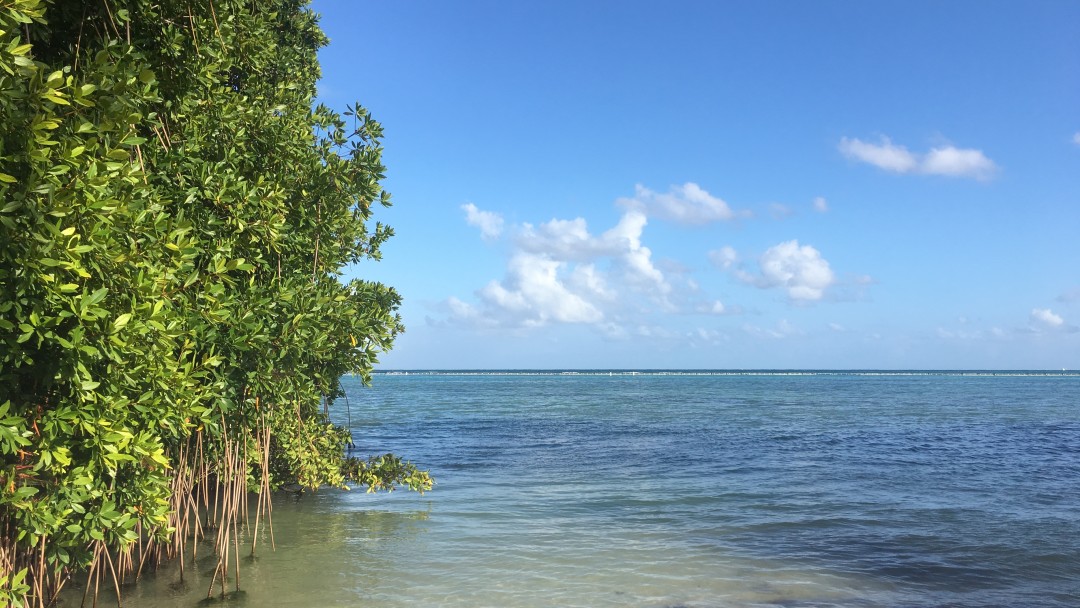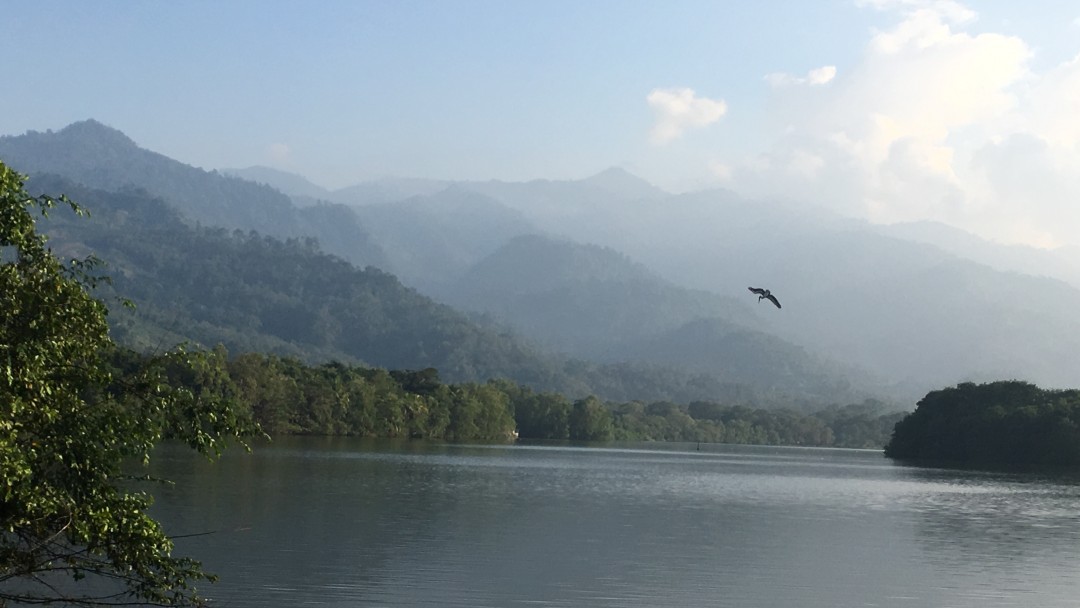News from 2019-10-31 / KfW Development Bank
The true treasure of the Caribbean

By investing in the sustainable use of Caribbean coastal and marine areas, their biodiversity can be preserved and protected in the long term. To achieve this objective, KfW Development Bank is supporting the Sustainable Ocean Fund (SOF) on behalf of the German Federal Government with an equity participation of EUR 25 million. A contract was signed between the fund and KfW at the end of October.
The Caribbean island states are among the key global areas of terrestrial and marine biodiversity with a very high proportion of endemic species. The coral reefs, which are still widespread, are among the most biodiverse ecosystems on earth.
The Sustainable Ocean Fund was founded in 2018 by Mirova Natural Capital, an investment manager specialising in sustainability, to promote small and medium-sized enterprises (SMEs) in the so-called "blue economy". These companies are united in their commitment to the sustainable use of the ocean and the preservation and conservation of its biodiversity. Depending on their needs, the globally operating SOF grants SMEs loans or equity capital for their further growth. Three areas will be supported: 1) sustainable fisheries and aquaculture, 2) circular economy and 3) sustainable marine economy.
The fund aims at a volume of up to USD 150 million and intends to have this amount fully invested by the end of 2021. KfW will be the largest investor in the fund with a share of EUR 25 million. Other development banks including the Dutch FMO, the European Investment Bank (EIB) and the Inter-American Development Bank (IDB) also participate in the fund, which contributes to the Clean Oceans Initiative (COI), among other projects. The COI is a common initiative by KfW, the EIB and the French development bank AFD to support projects to reduce and recycle waste at sea and on land. It is worth noting that private capital has also been mobilised for the SOF, for example by the French insurance group AXA and the Packard Foundation in the United States. This shows that development policy orientation and the achievement of a return are not mutually exclusive.
KfW's funds are to be invested exclusively in the Caribbean, where many small island developing states are particularly affected by the negative impacts of climate change and the unsustainable use of their marine resources.
"We very much welcome the German government's equity participation through KfW," says Simon Dent, manager of SOF. "These additional funds will enable us to make important investments in Blue Economy companies in developing countries and emerging economies and thus contribute to marine conservation."
The SOF invests, for example, in fishing companies that demonstrate best practice in aquaculture or wild catch and are certified to do so. These are also business models that promise particularly sustainable growth. At the same time, these companies make a contribution to the protection of marine biodiversity. At present, almost 60 per cent of the fish species in the Caribbean are overfished. For three billion people worldwide, fish is the main source of protein. This causes significantly less carbon dioxide emissions than the comparable amount of protein from meat. With a growing world population, the importance of sustainably managed fish resources continues to grow.

Creating jobs
The fund will invest in companies and provide them with capital for up to eight years, which will enable them to maintain or create approximately 10,000 jobs, mostly in coastal regions where there are otherwise few employment opportunities. This will encourage, amongst other things, a shift to sustainable fishing practices and an improved cold chain for fish, opening up new markets and generating higher incomes.
Particular attention should be paid to companies in the circular economy that avoid plastic waste or contribute to reducing plastic waste in the sea through recycling and upcycling.
"The Sustainable Ocean Fund is unique in its orientation and has met with great interest among investors," says Karim ould Chih, the responsible KfW project manager. "As KfW, we want to support the fund's approach of investing in sustainable business models that not only generate a financial return but also a very strong ecological and social return."
Preserving marine ecosystems
The fund also invests in better management of coastal and marine protected areas and in the sustainable use of mangrove forests. Innovative approaches are pursued that reconcile protection and use. The fund aims to sustainably manage around 87,000 hectares of marine ecosystems over the next few years.
Whether sustainable fishing, plastic waste avoidance or the management of marine protected areas, the Sustainable Ocean Fund focuses on the true treasure of the Caribbean: its precious and incomparable biodiversity.

Share page
To share the content of this page with your network, click on one of the icons below.
Note on data protection: When you share content, your personal data is transferred to the selected network.
Data protection
Alternatively, you can also copy the short link: https://www.kfw-entwicklungsbank.de/s/enzBWrMC.CGGA
Copy link Link copied